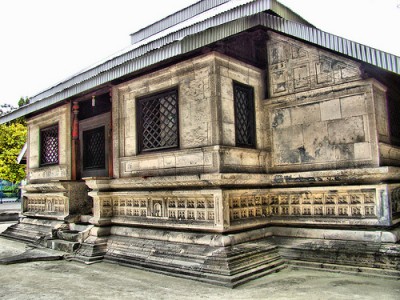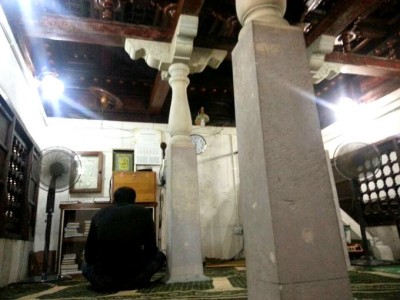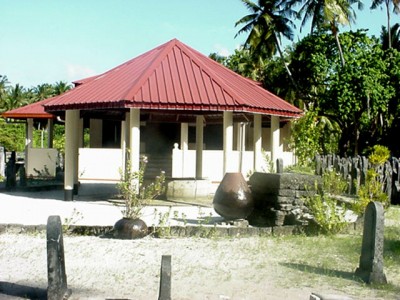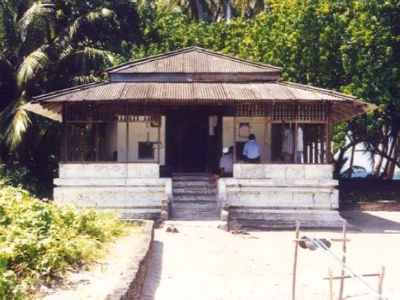Addu City Council has passed a resolution to create an ‘Addu Guest House Venture’ which will develop and expand the guest house tourism industry within the city, under the guidance of a a ‘Guest House Promotion Board’.
The resolution – passed on Tuesday (April 15) – states that it is important to have the opportunity to develop guest houses and city hotels on the large joined islands of the city, and that it will benefit the tourism industry in general.
Noting that it will create more jobs and new opportunities for start-ups, the resolution stated that it will also increase the number of tourist arrival for the country.
In the past few years the guest house businesses boomed on many islands – growing from just 22 registered businesses in 2009, to 171 currently listed – particularly in close proximity to the capital, Malé.
The list of guest houses available via the Tourism Ministry shows just one registered business in Seenu atoll – home to Addu City, the country’s second largest urban area.
Recent annual figures (2012) show Malé’s Kaafu atoll was home to 39.9 percent of the tourism industry’s bed capacity, while Seenu – the country’s southernmost – had just 3.6 percent.
Addu City Council this week declared that, in order to develop the industry, the Addu Guest House Venture has to be created jointly as a business transaction by the council, members of the public, businesses, and banks.
A five-member guest house promotion board is also to be created under this resolution to represent the council and to communicate on its behalf.
The council is expected to announce applications for the board membership very soon, which according to the council will comprise of technical and experienced persons.
Guest house development on inhabited islands was a key election pledge of the opposition Maldivian Democratic Party, to which all members of the Addu City Council belong.
The party also campaigned in all recent elections with the pledge to strengthen decentralisation, pushing to increase the role of councils in development.
Political supporters of guest houses have pointed out that mid-market tourism creates opportunities for small businesses while economically empowering local communities.
The current government, led by the Progressive Party of Maldives has announced alternative plans for developing mid-market tourism, with the prospect of guest house islands replacing the idea of guest houses on inhabited islands.
Tourism Minister Ahmed Adeeb has said that various businesses will invest in providing different services on these islands.
“For example, common restaurants can be managed by one party, water sports by another party, twenty rooms by one company, another twenty rooms by another company and so on. In that way, we are creating numerous businesses there,” Adeeb told Minivan News earlier this year.
Adeeb explained that the government was reluctant to market mid-level tourism as it risked damaging the country’s image as a high-end destination.




